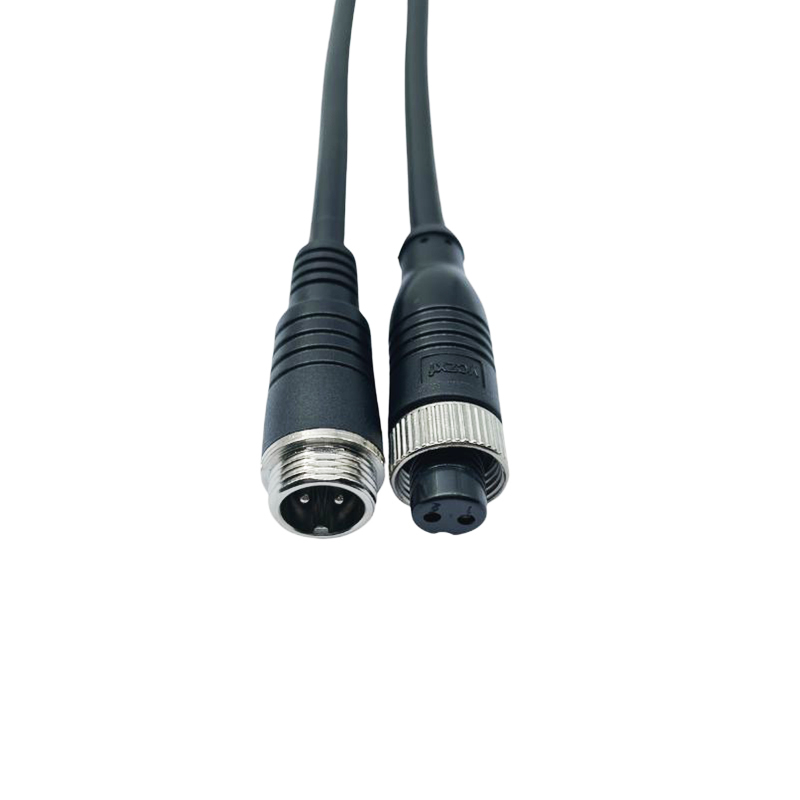News


News

Acid Rain vs. Waterproof Butt Connectors: A Survival Guide for Solar Engineers
Release time:2025-06-03
viewed:340
In outdoor photovoltaic (PV) systems, connectors face relentless challenges from acid rain, sandstorms, and extreme temperature fluctuations. Waterproof butt connectors emerge as critical components to ensure uninterrupted power transmission while resisting environmental degradation. This guide explores key design considerations for connectors in hostile operating conditions.

Corrosion Resistance for Acidic Environments
Connectors exposed to acid rain require materials with superior chemical inertness. Stainless steel casings or composite polymers with anti-corrosive coatings can neutralize acidic impacts. Waterproof butt connectors with IP68-rated sealing not only block moisture but also prevent acid infiltration at junction points. Salt spray testing exceeding 48 hours should be mandatory for coastal or industrial areas.
Sandstorm Defense Mechanisms
Abrasive sand particles demand connectors with robust mechanical designs. Key features include:
Tightly interlocked housings to prevent particle ingress
UV-stabilized materials to withstand sand-induced surface erosion
Rotational locking mechanisms in waterproof butt connectors to maintain integrity during wind-blown debris impacts
Thermal and Electrical Stability
Wide temperature ranges (-40°C to +85°C) necessitate connectors with:
Low thermal expansion coefficients to avoid contact loosening
High-purity copper conductors to minimize resistance fluctuations
Dual-sealed waterproof butt connectors that preserve conductivity during freeze-thaw cycles
Selecting connectors for harsh-environment PV systems requires balancing multiple failure prevention strategies. Waterproof butt connectors with IP68 protection, corrosion-resistant materials, and mechanical robustness form the foundation for reliable long-term operation. Engineers should prioritize third-party certifications like IEC 62852 to validate performance claims. As renewable energy expands into extreme climates, these design principles will grow increasingly vital.